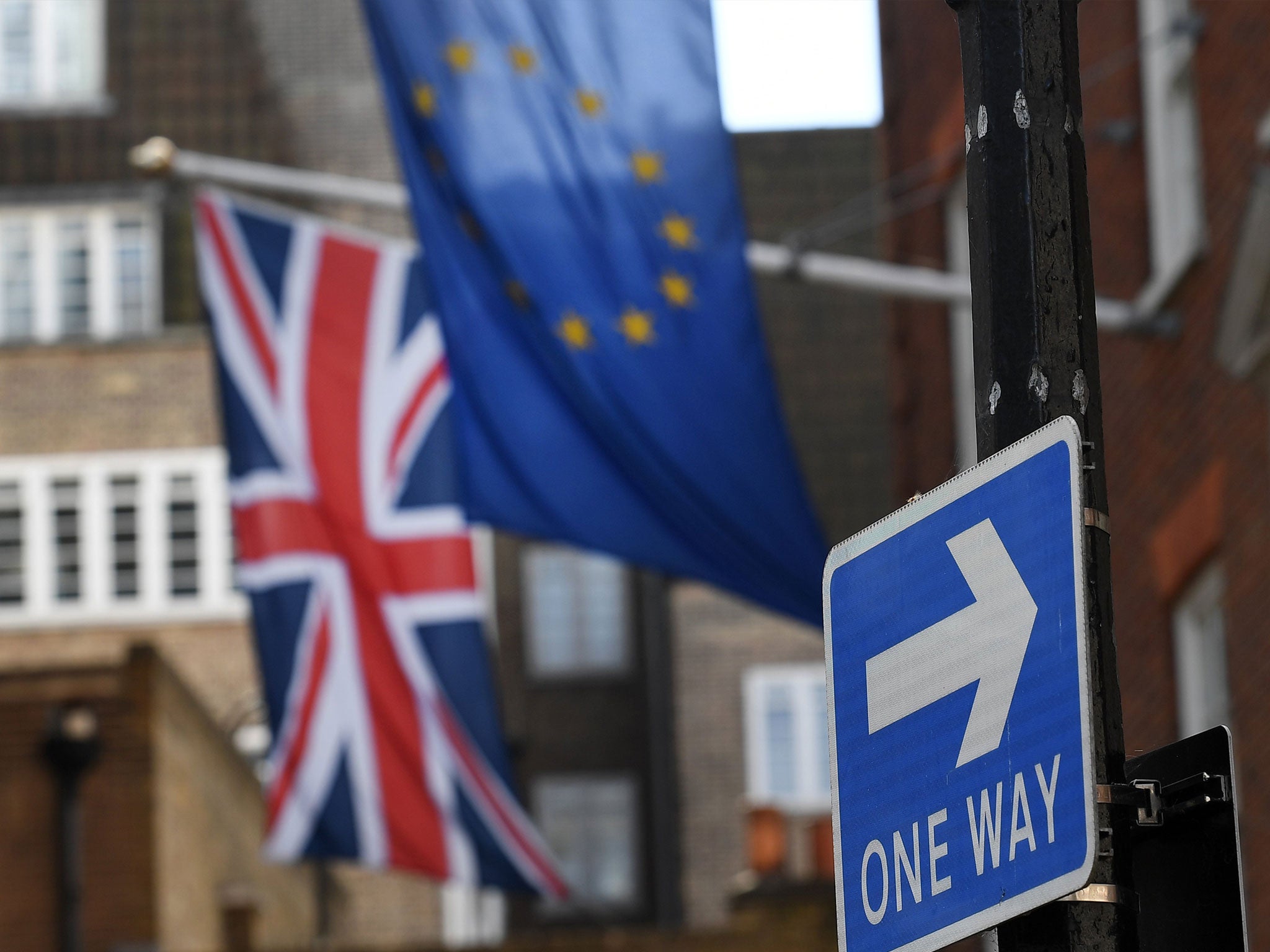Brexit: European Commission considering legal action against UK over bid to override agreement, leak reveals
Boris Johnson’s move is in ‘clear breach’ of international treaty he negotiated and signed

Your support helps us to tell the story
From reproductive rights to climate change to Big Tech, The Independent is on the ground when the story is developing. Whether it's investigating the financials of Elon Musk's pro-Trump PAC or producing our latest documentary, 'The A Word', which shines a light on the American women fighting for reproductive rights, we know how important it is to parse out the facts from the messaging.
At such a critical moment in US history, we need reporters on the ground. Your donation allows us to keep sending journalists to speak to both sides of the story.
The Independent is trusted by Americans across the entire political spectrum. And unlike many other quality news outlets, we choose not to lock Americans out of our reporting and analysis with paywalls. We believe quality journalism should be available to everyone, paid for by those who can afford it.
Your support makes all the difference.The European Commission is considering legal action against the UK, with the possibility of significant financial penalties, over Boris Johnson’s attempt to override the Brexit withdrawal agreement, according to a leaked Brussels document.
The document, obtained by The Independent, states that the provisions of the prime minister’s UK Internal Market Bill, unveiled on Wednesday, represent a “clear breach” of the international treaty.
And it warns that the prime minister’s plan to waive export procedures on goods travelling from Northern Ireland to the British mainland would require checks to be made instead at the Irish border - something which both sides have vowed to avoid to preserve peace and stability.
Simply by tabling the proposals, the UK government has put itself “in violation of the good faith obligation” under the withdrawal agreement negotiated and signed by Mr Johnson, and could be taken to the European Court of Justice even before the bill becomes law, the document stated.
And Brussels would be legally entitled to suspend its obligations under the withdrawal agreement and under any trade deal struck with the UK if Britain fails to pay its fines.
Confirmation that Brussels is preparing for a court showdown emerged as Commission vice-president Maros Sefcovic travelled to London for emergency talks with Cabinet Office minister Michael Gove.
The meeting was agreed after Brussels responded with anger to Mr Johnson’s bid to tear up provisions of the withdrawal agreement designed to prevent the establishment of a hard border between Northern Ireland and the Republic.
Downing Street insists that the bill’s measures are a “safety net” to avoid inadvertent consequences of “ambiguities” in the withdrawal agreement, though Northern Ireland secretary Brandon Lewis admitted that they break international law.
Suspicions are rife in Brussels and Westminster that the row has been cooked up by the Johnson administration in order to provide cover for the prime minister ahead of an economically damaging no-deal Brexit in January.
Today’s document - marked “Draft - the UK Internal Market Bill" and circulated in Brussels on Wednesday - identifies six sections breaching the withdrawal agreement, which came into effect on 31 January this year.
It notes that since that date, under international law, “no party can unilaterally change, clarify, amend, interpret or disapply it any more”.
The document stated that infringement proceedings against the UK could be begun before the transition period ends on 31 December and before the Internal Market Bill is adopted.
“Given the length of the pre-litigation phase, it is unlikely that the case against the UK can be brought to the Court before the end of the year,” it said.
“However, infringement procedures for facts occurred before the end of the transition period can be brought to the Court during four years after the end of the transition.”
After the end of the transition, legal action could be taken at the ECJ or through the dispute settlement mechanism agreed under the withdrawal agreement, either of which could result in financial penalties.
“In case of non-payment or persisting non-compliance, the complaining party is entitled to suspend its obligations arising from the withdrawal agreement - with the significant exception of the provisions relating to citizens - or from the future EU/UK agreement,” the document said.
Join our commenting forum
Join thought-provoking conversations, follow other Independent readers and see their replies
Comments